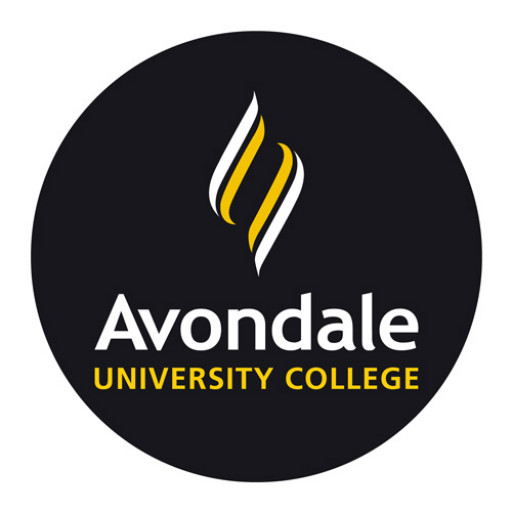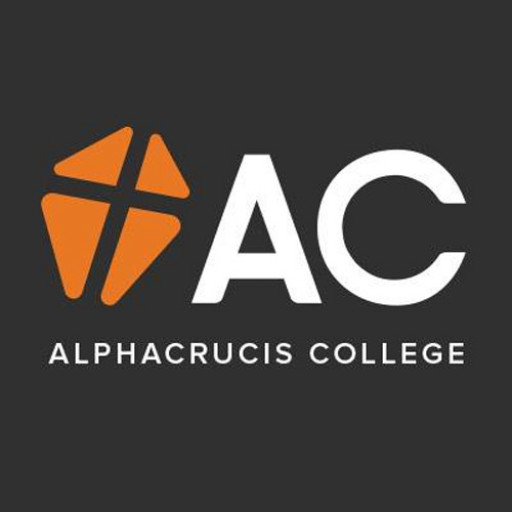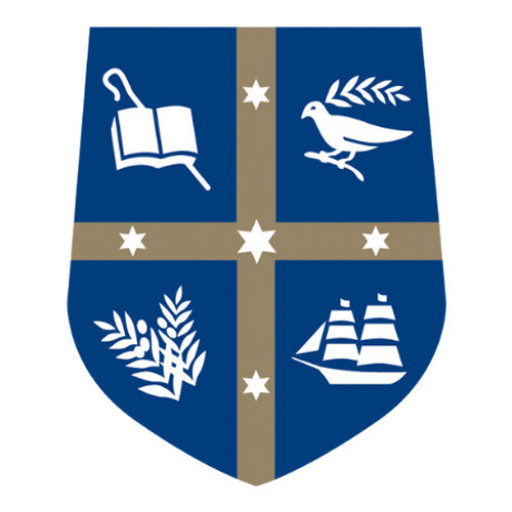Photos of university / #tilburguniversity
The Master's in Theology at Tilburg University offers an in-depth and specialized education for students seeking to explore the rich traditions, diverse perspectives, and contemporary challenges within the field of Theology. Designed for those interested in understanding religious beliefs, practices, and their influence on society, the programme provides a comprehensive overview of various theological disciplines, including biblical studies, systematic theology, ethics, and philosophy of religion. Students will engage critically with theological texts, historical developments, and contemporary debates, equipping themselves with the analytical skills necessary to interpret religious phenomena in a global and multicultural context. The curriculum emphasizes both theoretical foundations and practical applications, preparing graduates for roles in academia, religious institutions, consultancy, or intercultural dialogue. Tilburg University's Department of Theology is renowned for its interdisciplinary approach, integrating insights from history, sociology, and cultural studies to foster a nuanced understanding of religion's role in societal transformations. The programme encourages active participation through seminars, research projects, and potential internships, facilitating the development of independent research skills and professional competencies. With a diverse student body and close collaboration with scholars and practitioners in the field, students are given ample opportunities for academic growth and networking. Upon completion, graduates will possess a profound knowledge of theological discourse and the ability to critically analyze complex religious issues, making them well-equipped to contribute thoughtfully to societal discussions on faith, ethics, and intercultural understanding. The Master's in Theology at Tilburg University is ideal for those committed to exploring faith-based questions and seeking to make meaningful contributions to religious and societal contexts worldwide.
The Master's in Theology at Tilburg University offers a comprehensive and in-depth exploration of religious studies, theology, and related disciplines. Designed for students who wish to deepen their understanding of religious beliefs, practices, and ideas across different cultures and historical periods, this programme combines rigorous academic training with a critical and reflective approach. Students will engage with a diverse range of topics, including biblical studies, Christian theology, interfaith dialogue, ethics, and religion and society. The curriculum emphasizes both theoretical frameworks and practical applications, preparing graduates for careers in academia, research, policy making, intercultural dialogue, or religious counseling.
Throughout the programme, students have the opportunity to develop their analytical and research skills through various coursework, seminars, and independent projects. The programme encourages critical thinking about religious phenomena, the role of religion in contemporary issues, and the impact of religious ideas on society and culture. Students are also invited to explore contemporary debates in theology and religious studies, including issues related to secularization, religious pluralism, and social justice. The programme's interdisciplinary approach integrates insights from history, philosophy, sociology, and anthropology, providing a well-rounded perspective on religious phenomena.
The Master's in Theology at Tilburg University is geared towards preparing students for both academic and non-academic careers. Graduates often pursue PhD research, join think tanks, work within faith-based organizations, or become advisors in intercultural and interreligious contexts. The programme is characterized by small class sizes, close supervision, and active engagement with faculty members who are experts in their fields. Students will also have access to Tilburg University’s extensive library resources, specialized research centers, and opportunities for international exchange.
In addition to core modules, students can tailor their studies by choosing elective courses aligned with their personal interests and professional goals. Practical components such as project work, internships, or fieldwork are integrated into the curriculum, fostering real-world skills and experience. The programme also promotes a global outlook, emphasizing the importance of understanding religious diversity and cultivating intercultural competence in an increasingly interconnected world.
Overall, the Master's in Theology at Tilburg University offers a challenging, enriching academic experience that equips students with the knowledge, skills, and critical mindset necessary to engage thoughtfully with religious issues on both a scholarly and societal level.
Other requirements
The financing of the Theology program at Tilburg University is primarily structured around a combination of Dutch government funding, tuition fees, and additional financial support options for students. As a public university in the Netherlands, Tilburg University benefits from subsidies provided by the Dutch Ministry of Education, Culture and Science, which help to cover the core costs of running the programme. Tuition fees for international students are set annually and are comparable to those of other Dutch universities, ensuring affordability for students from various regions. These fees are used to support academic staff salaries, facility maintenance, and program development.
In addition to government funding and tuition fees, students can access a range of financial aid options, including scholarships, grants, and student loans. Tilburg University offers several merit-based scholarships for outstanding students, which provide partial or full tuition fee coverage, thereby reducing the financial burden and making the programme accessible to talented students from diverse backgrounds. European Union students may be eligible for the Dutch student grant and loan system, which offers low-interest loans and grants to support living expenses and educational costs. International students outside the EU have access to external scholarships or may be able to secure funding through their home country's education funding bodies.
Students are also encouraged to seek external funding sources, including private foundations and international organizations, which sometimes offer fellowships or research grants relevant to theological studies. The university's financial office provides guidance and counseling on the application process for these funding opportunities. Additionally, part-time work during the academic year is a common way for students to finance their studies, and Tilburg University facilitates connections with local employment opportunities.
Overall, the financing of the Theology program is designed to ensure that financial constraints do not prevent qualified students from enrolling and completing their studies. The university is committed to providing transparent information and accessible financial support channels, allowing students to plan their finances effectively throughout their academic journey. This multi-source approach to funding aims to maintain the high quality of education while promoting inclusivity and diversity within the student body.
Theology at Tilburg University offers an in-depth exploration of religious beliefs, practices, and institutions with a focus on critical thinking and interdisciplinary perspectives. The program is designed to equip students with a comprehensive understanding of various religious traditions, their historical development, and their impact on contemporary society. Students are encouraged to analyze theological concepts through philosophical, sociological, and cultural lenses, fostering a nuanced appreciation of religion's role in global and local contexts. The curriculum includes core courses in biblical studies, ethics, religious history, and philosophy of religion, complemented by specialized electives that allow students to tailor their studies according to their interests. Practical skills development is emphasized through seminars, research projects, and internships, preparing graduates for careers in academia, interfaith dialogue, religious organizations, or public policy. The program also promotes critical reflection on issues such as secularism, religious tolerance, and the role of faith in a pluralistic society. Faculty members are renowned scholars with expertise across various theological disciplines, contributing to an engaging and intellectually rigorous learning environment. Students benefit from Tilburg University’s international orientation, participating in exchange programs and international conferences to broaden their perspectives. Theology at Tilburg University aims to cultivate open-minded, analytically skilled individuals capable of contributing thoughtfully to societal debates about religion and ethics. Graduates leave with a solid foundation for further academic research or careers that require deep understanding of religious phenomena and their societal implications.









